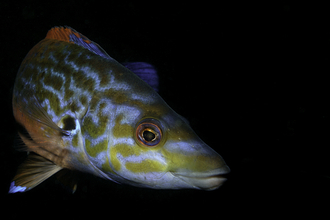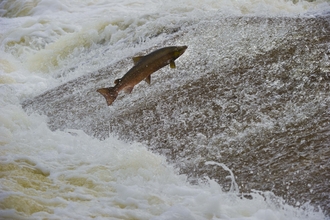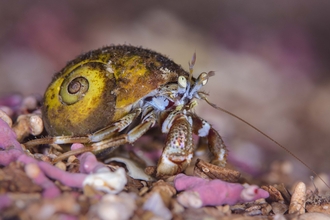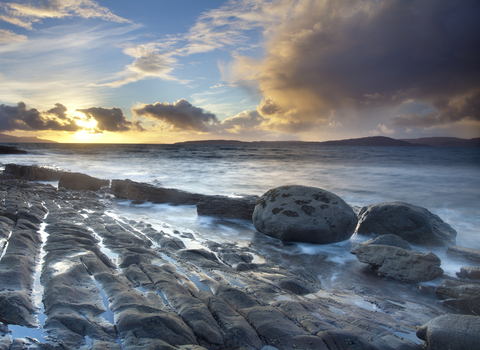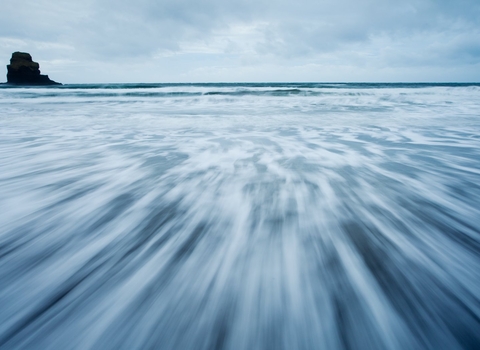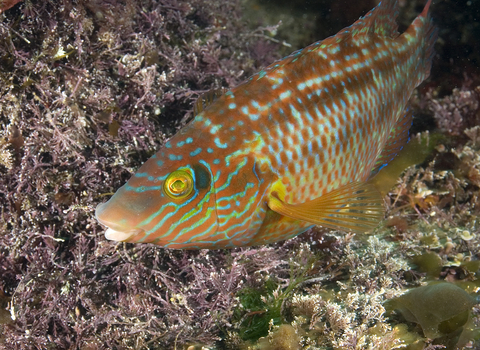
Corkwing wrasse by Paul Naylor
Corkwing wrasse
One of the most striking and beautiful reef species found in the UK!
Scientific name
Symphodus melopsWhen to see
Breeding males are visible in their resplendent colouration during spring and early summerSpecies information
Statistics
Up to 25cm long, but usually much smallerConservation status
Thought to be common, although wild wrasse are caught around the UK in large numbers for deployment as lice cleaners in Scottish salmon farms.

